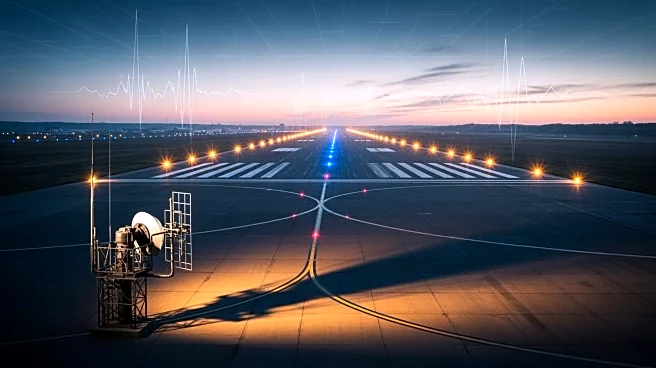Rapid Read • 7 min read
Iran has reportedly arrested 21,000 individuals suspected of collaborating with Israel following a recent conflict. The Iranian security forces have increased their presence on the streets, setting up checkpoints and urging citizens to report any suspicious activities. This move comes in the wake of heightened tensions between Iran and Israel, with the Iranian government taking extensive measures to prevent any perceived threats to national security. The arrests are part of a broader campaign to ensure internal stability and prevent espionage or collaboration with foreign entities.
AD
The mass arrests in Iran highlight the country's ongoing security concerns and its strained relationship with Israel. This development could further exacerbate regional tensions, impacting diplomatic relations and potentially leading to international scrutiny. The arrests may also affect the internal dynamics within Iran, as the government seeks to consolidate power and control over its population. The situation underscores the fragile geopolitical landscape in the Middle East, where actions by one nation can have significant repercussions for neighboring countries and global politics.
The Iranian government's actions may prompt responses from international human rights organizations, which could call for transparency and due process in handling the arrests. Additionally, Israel and other regional players might react to Iran's security measures, potentially influencing diplomatic strategies and alliances. The situation may also lead to increased surveillance and security measures within Iran, affecting civil liberties and the daily lives of its citizens.
The arrests raise ethical and legal questions regarding the balance between national security and individual rights. The Iranian government's approach may set a precedent for how states handle perceived threats, influencing global norms around security and civil liberties. Long-term, this could lead to shifts in how governments justify surveillance and control measures, impacting international human rights standards.
AD
More Stories You Might Enjoy











